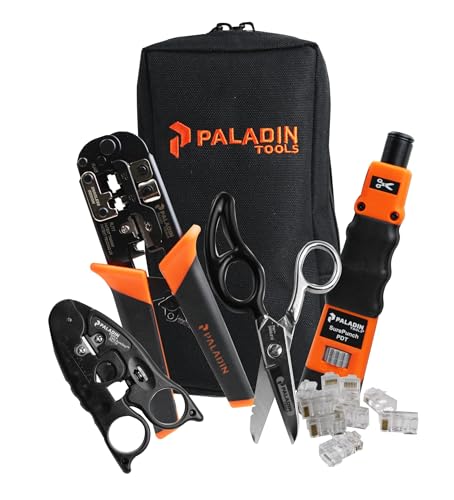rcurras
Well-known member
Meaning that it (passing grade) could be higher than 70 %? Thus, it could be 75% (60 good out of 80), or even 80% (64 good out of 80). That is scary.Of course IF the passing grade is 70% then you must answer 56 questions correctly. But that is not always true. It varies, and nobody knows the actual passing percent for any given exam. All you know is that for your last exam it was higher than 55.5% (or around 45 questions correct).
Quote from NCEES:
“…What is the passing score?
The passing score for each NCEES examination has been set at a scaled score of 70…”
Then, the “scaled score of 70”, can be set to a percentage higher than 70%?
Thanks.
RC.





















